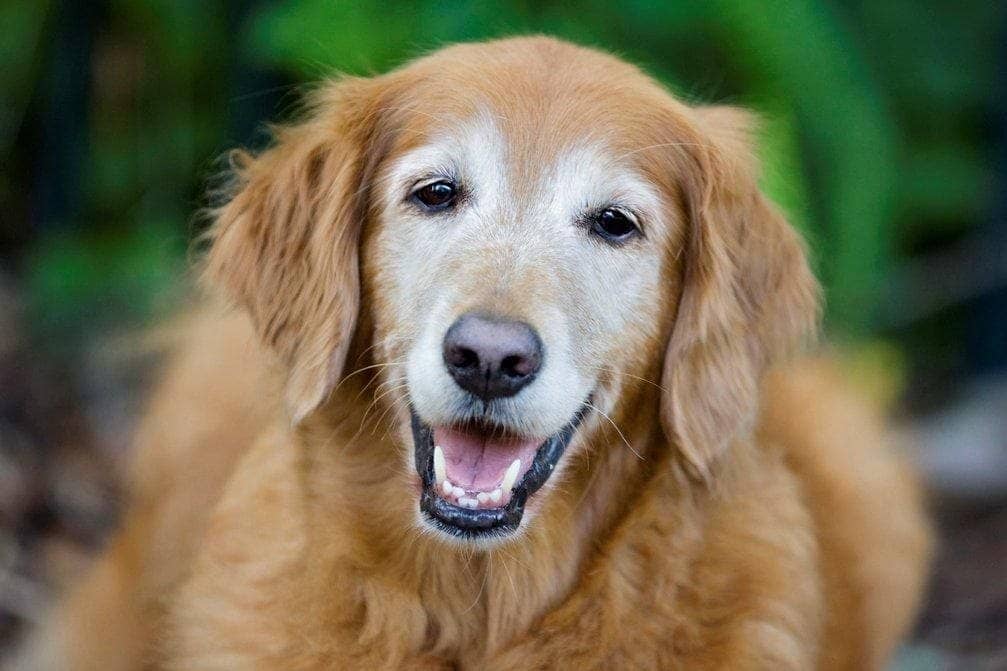Navigating Your Senior Dog’s Golden Years

As our beloved canine companions age, their health needs evolve, requiring more attentive and specialized care. Just like humans, dogs experience significant changes as they enter their senior years, and understanding these transitions is key to ensuring their quality of life remains high.
Recognizing Senior Dog Status
While the definition of a “senior” dog varies by breed and size, most dogs are considered seniors around:
- Small breeds (under 20 lbs): 10-12 years
- Medium breeds (20-50 lbs): 8-10 years
- Large breeds (50-90 lbs): 6-8 years
- Giant breeds (over 90 lbs): 5-7 years
Key Health Considerations for Senior Dogs
1. Regular Veterinary Check-ups
As your dog ages, veterinary visits become increasingly crucial. Recommended frequency:
- Twice yearly comprehensive health screenings
- More frequent check-ups if managing chronic conditions
- Comprehensive blood work and diagnostic tests to catch age-related issues early
2. Nutrition for Aging Dogs
Senior dogs have unique nutritional requirements:
- Lower calorie diets to prevent weight gain
- Higher protein content to maintain muscle mass
- Supplements for joint health (glucosamine, chondroitin)
- Omega-3 fatty acids to support cognitive function and reduce inflammation
- Easily digestible proteins and increased fiber content
3. Weight Management
Maintaining a healthy weight is critical for senior dogs:
- Excess weight strains joints and exacerbates arthritis
- Obesity increases risk of diabetes and heart disease
- Regular, gentle exercise tailored to their ability
- Portion control and measured feeding
4. Mobility and Joint Health
Age-related mobility challenges are common:
- Watch for signs of arthritis (reluctance to move, stiffness)
- Provide orthopedic bedding
- Use ramps or stairs to help with furniture and car access
- Consider physical therapy or canine massage
- Discuss pain management options with your veterinarian
5. Cognitive Health
Canine cognitive dysfunction is similar to human dementia:
- Watch for disorientation, changes in sleep patterns
- Maintain consistent routines
- Provide mental stimulation through gentle training and puzzle toys
- Consider supplements that support brain health
6. Dental Care
Dental health becomes increasingly important:
- Regular teeth cleaning
- Dental chews and toys
- Professional dental cleanings under veterinary supervision
- Monitor for signs of tooth decay or gum disease
7. Preventative Screenings
Proactive health monitoring is key:
- Annual blood work
- Thyroid function tests
- Cancer screenings
- Kidney and liver function evaluations
8. Adapting Your Home Environment
Create a comfortable living space:
- Non-slip mats on slippery floors
- Raised food and water bowls
- Easy access to favorite resting areas
- Maintain warm, draft-free sleeping areas
Emotional Wellness Matters
Remember that your senior dog still craves love and connection. Shorter, gentler play sessions, calm companionship, and patience will help them feel secure and loved during their golden years.
When to Seek Immediate Veterinary Attention
Be alert to these warning signs:
- Sudden weight loss
- Significant changes in drinking or urination
- Persistent vomiting or diarrhea
- Unexplained lethargy
- Difficulty breathing
- Sudden behavioral changes
- Changes in eating habits (eating too much or too little)
Conclusion
Caring for a senior dog is a beautiful journey of compassion and adaptation. By understanding their changing needs and providing attentive, loving care, you can help your faithful companion enjoy their later years with comfort, dignity, and joy.
Always consult with your veterinarian for personalized advice tailored to your individual dog’s health needs.
Leave a Reply
You must be logged in to post a comment.
Leave a Comment